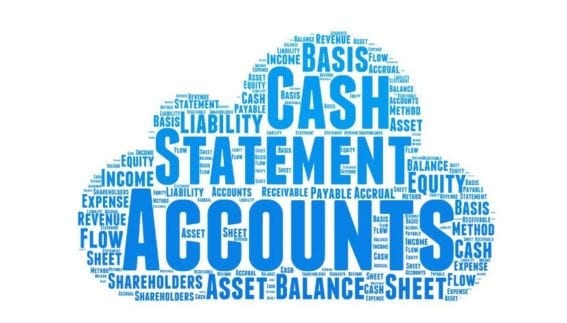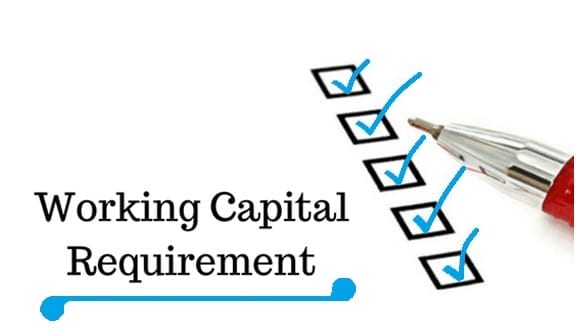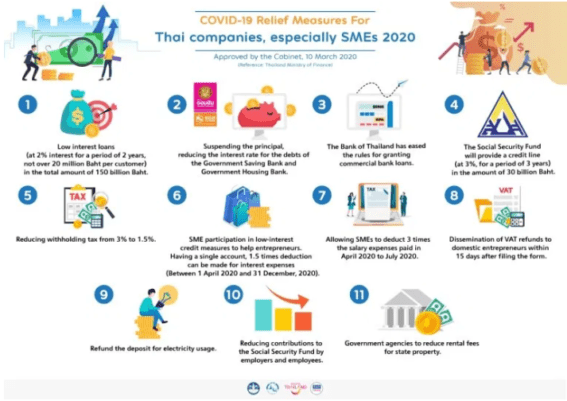Do the accounting by your own, what are the inconveniences?

Do the accounting by your own, what are the inconveniences?
13 Aug 2020To do your own accounting is to lose considerable time
When a company chooses to do its own accounting, it must be aware that it will spend some time there. This depends on:
- The degree of specialization of the manager or team in charge of accounting management (e.g. a person new to accounting will take longer than someone who understands the basic principles of accounting),
- The volume of documents to be processed (number of sales and purchase invoices, number of lines of bank statements, etc.),
- The size of the company.
For some jobs, to assume alone its accounting entails tirelessly a waste of time. Indeed, certain tasks (such as accounting entry) are time-consuming and have no added value. Taxes or reconciliation falls into the same headache.
To do your own accounting is to take the risk of making mistakes
Unless you are deeply aware of accounting, have a minimum of studies in the field or at least a thorough training, it is unlikely to master all the ins and outs of this science. Accounting obeys many codes and doing it entirely alone can lead the company to expose itself to certain risks, particularly in terms of:
- Account posting (a transaction is linked to the wrong account),
- Interpretation (a text is misinterpreted and generates a wrong treatment),
- Extra-accounting restatements (accounting and taxation are governed by different rules and certain rules accepted in one area are not in the other).
This risk does not only exist at the accounting level, because if the company chooses to take care of its own accounting, it will also have to manage the tax and social aspects: statements of results (tax statements), VAT, WHT, drafting of employment contracts, production of pays lips, declaration of social charges …
The use of a chartered accountant can neutralize these disadvantages. Without having to entrust to him all his accounting, the company can simply ask him to verify and establish his accounts (it is, in the jargon, a mission of presentation of the annual accounts). It will take care of accounting and bookkeeping work and will achieve an economic comparison with a total outsourcing of its accounting. This technique allows him to validate his accounting and thus greatly limit the risk of error. Moreover, if the professional commits, he has a liability insurance that will bear part of the consequences of the error committed.
To do your own accounting is to meet certain hidden costs
In general, the decision to do your own accounting is guided by a purely financial motivation: the economy of the fees of the accountant. If this mode of management allows for savings, it is important to specify that they are not as important as one might think. There are, in fact, a number of hidden costs that can nuance this argument in favor of “do it yourself”.
It is essentially:
- Amounts paid for the acquisition or rental of accounting software and the costs incurred for updates and maintenance,
- Fees incurred to train staff in accounting techniques or the use of accounting software,
- Fees for advice in various fields.
To do your own accounting is to deprive yourself of advices from a wise professional
This is the last negative point of an internal accounting management. If a company chooses to assume it alone, it deprives the advice of an accountant not only in the field of accounting (of course) but also in many other areas:
- Fiscal: the accountant knows how to optimize all the tax aspects affecting the company and its manager (social status, remuneration or dividends …) and is entitled to complete all tax declarations;
- Social: the accountant is authorized to draw up employment contracts, draw up pay slips and declare social charges;
- Legal: the accountant is able to optimize the legal aspect of the company (annual legal follow-up related to the approval of the accounts and the allocation of the result, realization of the exceptional legal …);
- Financial: for any business buyout or business development project requiring financing, the accountant is competent to assist the company (balance sheet analysis, verification of funding possibilities and selection, establishment of a business plan …).
Feeling in need of new accounting services in Thailand ? Feel free to contact us for further discussions.
We serve leading businesses operating in Thailand




















